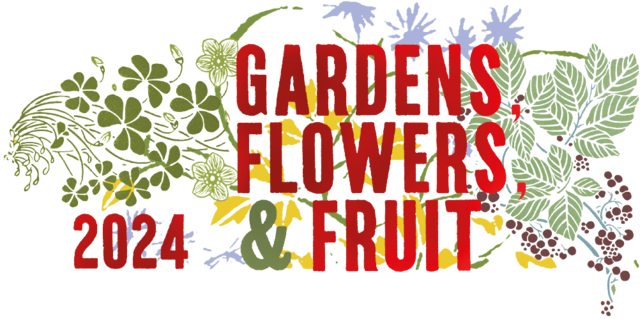Preserving Fruit at the Nexus of ‘Lay’ and ‘Expert’ Knowledge

Full description
Using contemporary American apple butter makings as an example, this paper considers how and why traditional open kettle techniques persist in the United States, despite warnings from food safety experts that omitting post-closure heat processing is dangerous and despite the existence of other home bottling methods. Here, the apple’s particular materiality – its high acidity – creates specific conditions for resisting official, universalized guidance and asserting local, community-based expertise. Exploring why people have adopted or abandoned specific canning practices reveals unfolding and contested understandings within the U.S. scientific establishment; the impact of social and economic factors in lay decision-making also becomes clear. Attending to these shifts and their motivations can help contemporary scholars avoid misreading practitioners as inattentive, uninformed, or easily suggestible; instead, household food producers emerge as people working to make sense of changing official recommendations and reconcile them with their own experience, resources, and aesthetic standards. Ignoring context-based nuances, on the other hand, fosters oppositional identities – as in today’s self-proclaimed ‘rebel canners’ – that do nothing to advance the cause of public health.
- typeImage
- created on
- file formatpng
- file size497 KB
- container titleGardens, Flowers, and Fruit: Proceedings of the Oxford Symposium on Food and Cookery 2024
- publisherEquinox Publishing Ltd.
- publisher placeSheffield, United Kingdom
- series number2024
- series titleOxford Symposium on Food and Cookery
We use cookies to analyze our traffic. Please decide if you are willing to accept cookies from our website. You can change this setting anytime in Privacy Settings.
